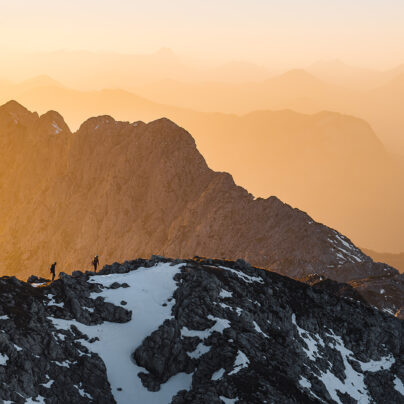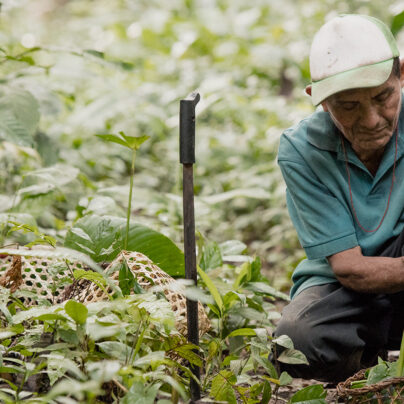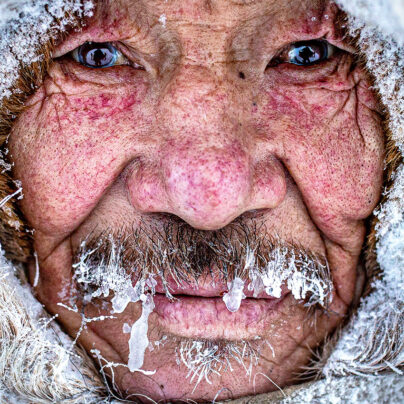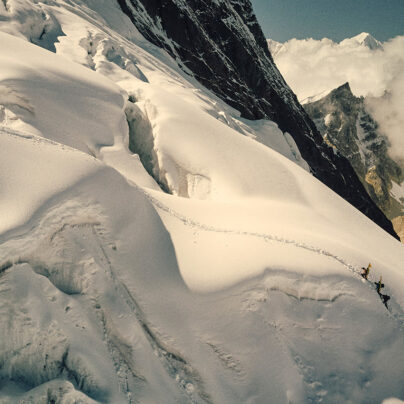Big Cats and Bus Shelters
Walking India: the Bay of Bengal to the Arabian Sea
Oli Broadhead
Head swimming, I lay flat out on the floor of the bus shelter, drenched in rusty, lukewarm water that reeked of chlorine. For the second time in three days I had been hit with heat exhaustion. I felt nauseous, my legs and back were cramping painfully, and my head was attempting to explode. I began to question the sanity of my life choices. Angus and I had left the sweltering shores of the Bay of Bengal just seven days ago, wincing from fresh jellyfish stings. We were setting out to walk across Southern India: from the Bay of Bengal to the Arabian Sea, via Tamil Nadu, Karnataka, and Kerala.
A fortnight later and the monsoon had conclusively arrived. Dark clouds loomed on the horizon as we fumbled our way down the side of one of the scattered sandstone hills that broke the otherwise flat landscape. Lightning flickered across the plains and paddy fields below, and the sun was dropping behind the tall stones above, plunging us into shadow. The situation was entirely our own fault. Not content with a full day’s walking in tropical heat, we had decided to spend the evening climbing the hill to photograph the surrounding landscape. Upon reaching the summit we realised our mistake: it was getting dark quickly, a storm was coming, and there was nowhere to set up camp. Night fell as we shuffled back over the now impossibly slippery sandstone boulders. We soon found that the best way of getting down was to slide spread-eagled across the slabs, but our progress was both exhausting and frustratingly slow. By the time we had reached the foliage at the base of the scree, the first fat, warm raindrops had already soaked us.
I led the way, pushing through stiff, waist-high grass. Having given my faltering head torch to a farmer a few days prior, I was left with only the weak and unreliable glow of my mobile phone’s screen for illumination. Behind me, Angus’s head torch was slowly dimming. He suddenly swore and grabbed my shoulder, pointing upwards. On the rock above, a pair of wide, glaring eyes reflected the light of our solitary torch. We both froze; whatever the animal on the rocks above us was, it had got very close without either of us noticing. Leopards are common in the area, but the lurking eyes ducked out of sight before we could identify the shadowy shape. Hesitantly, I slipped my camera from my bag, switched on the flash, and fired it off in the general direction of the eye shine. Nothing showed up in the photo. We cut a pair of stout branches from an overhanging tree, and with regular stops to scan the slope behind us, we continued slipping and shuffling towards the nearest village.
It was getting dark quickly, a storm was coming, and there was nowhere to set up camp. Night fell as we shuffled back over the now impossibly slippery sandstone boulders.
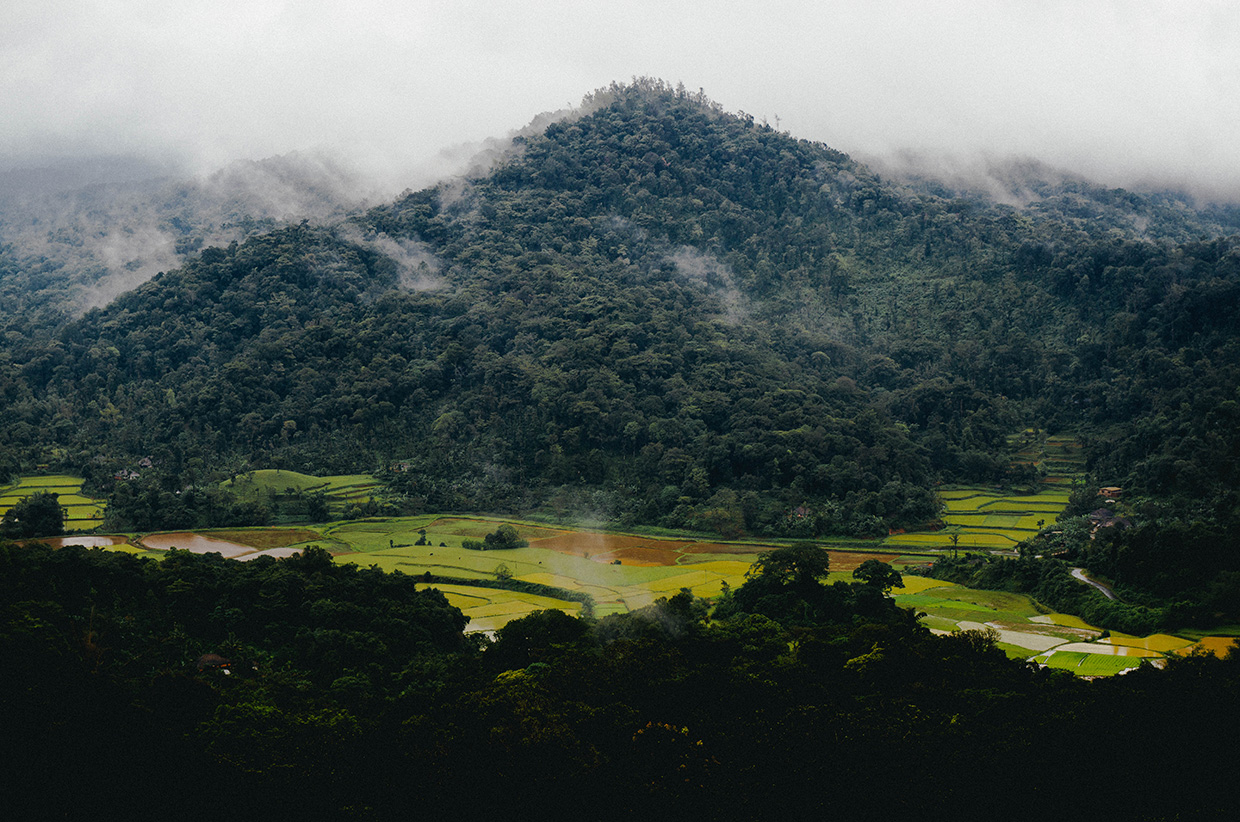
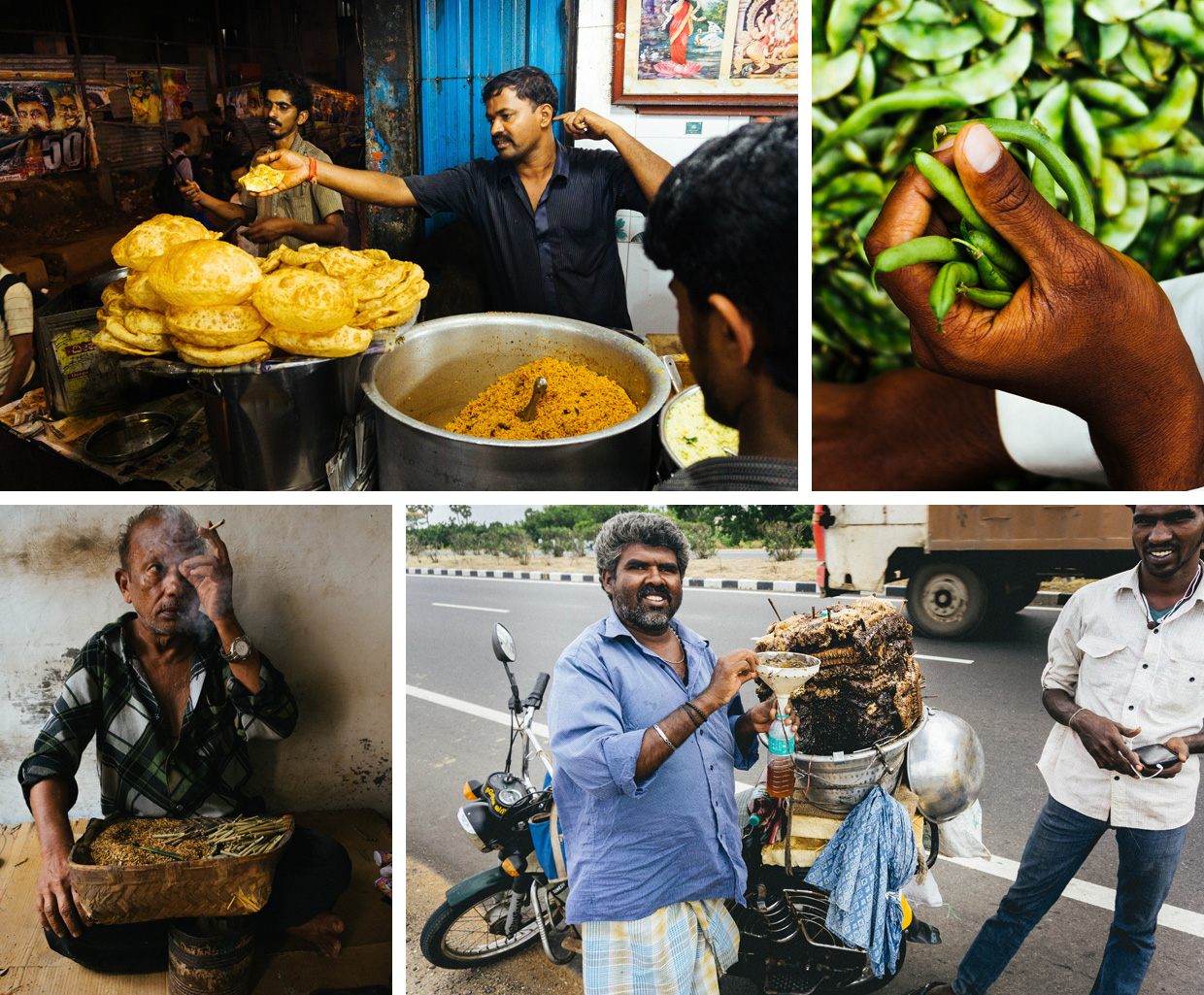
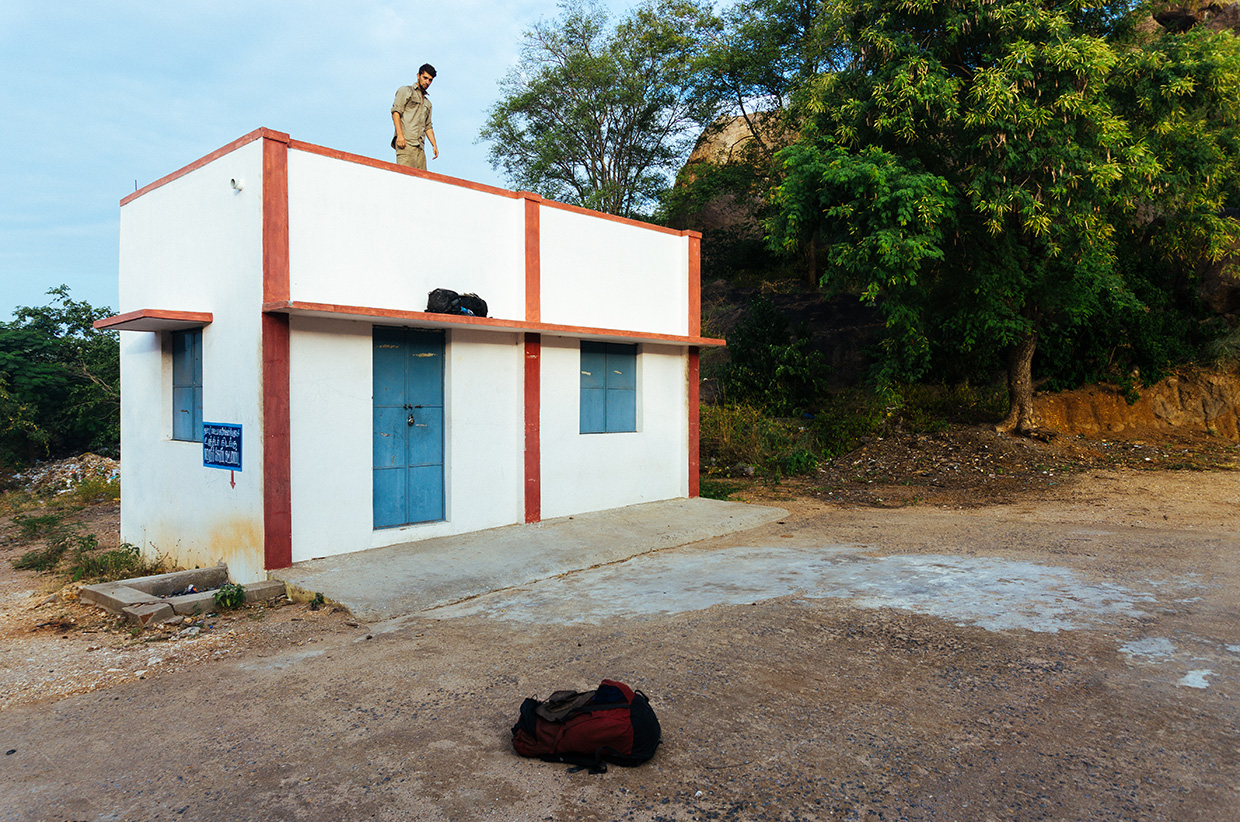
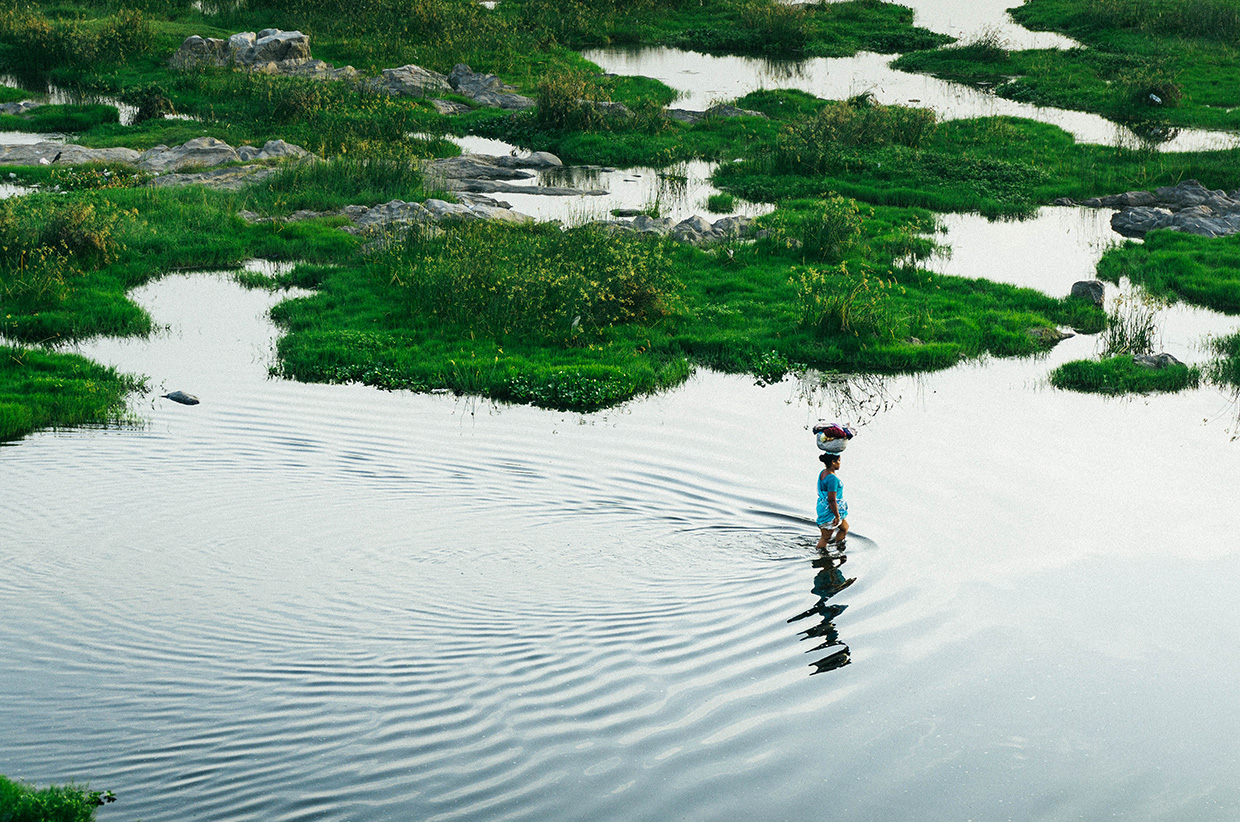
Our semi-conscious forms were roused by a procession of several hundred goats, splashing their way along the road towards the village. Several shepherds, a local official, and an excitable dog were watching us.
Throughout our walk, we each stuck to a daily expenditure of approximately £1.50. We slept rough in fields most nights, our only sleeping equipment a pair of sleeping bags and roll mats, to keep pack weight to a necessary minimum. When the monsoon rains hit we slept in bus shelters by the road, or walked through the night and slept during the heat of the day. A meal of boiled or fried rice cakes with a watery curry sauce was our staple, purchased for 20 rupees a plate in the windowless, smoke-filled huts that feed the paddy-workers of rural India. The Western Ghats were particularly difficult; food was hard to come by, and the climate is cool and constantly wet, a stark contrast to the baking plains of Tamil Nadu.
On our last night below the foothills, we decided to sleep on the roof of a smart, whitewashed bus shelter. It was a clear night. Fireflies flashed their way along the field margins, and the Milky Way was spectacular. At one in the morning, we were both woken by a sudden and torrential downpour; a proper monsoon deluge, as if a particularly vindictive local deity had taken a fervent dislike to our presence, and had decided that the best course of action was to turn a hose on us full-blast. We bundled our sleeping bags together and swung off the parapet into the road below, which was already ankle-deep with thick, squelching clay. The rest of the night was spent shivering on the bare stone floor of the open-sided shelter, the rain that hammered like machine-gun fire on the roof slowly flooding the last dry inches of our refuge. The following morning our semi-conscious forms were roused by a procession of several hundred goats, splashing their way along the road towards the village. Several shepherds, a local official, and an excitable dog were watching us.
We followed the milling goats up and out of the paddy fields, and into the low, rolling foothills beyond. By mid-afternoon, the road had become fringed with dry, tropical forest: tall, birch-like trees, surrounded by thickets of dense undergrowth. Leaving our newfound companions behind, we detoured down one of the many winding paths which laced their way through the undergrowth. Soon we began to find fresh elephant dung, and footprints larger than dinner plates. A sudden, loud snapping sound echoed through the forest, and a gigantic stem of Bamboo was bent in two ahead of us. We stopped and listened intently, terrified of startling a herd of wild elephants. The trumpeting ahead became mixed with human voices. Reassured, we approached; behind the next thicket a manacled bull elephant and his two handlers were busy clearing a strand of saplings. Though relieved, we were sad to see that the animal was being held captive less than two kilometers from the nearest reserve.
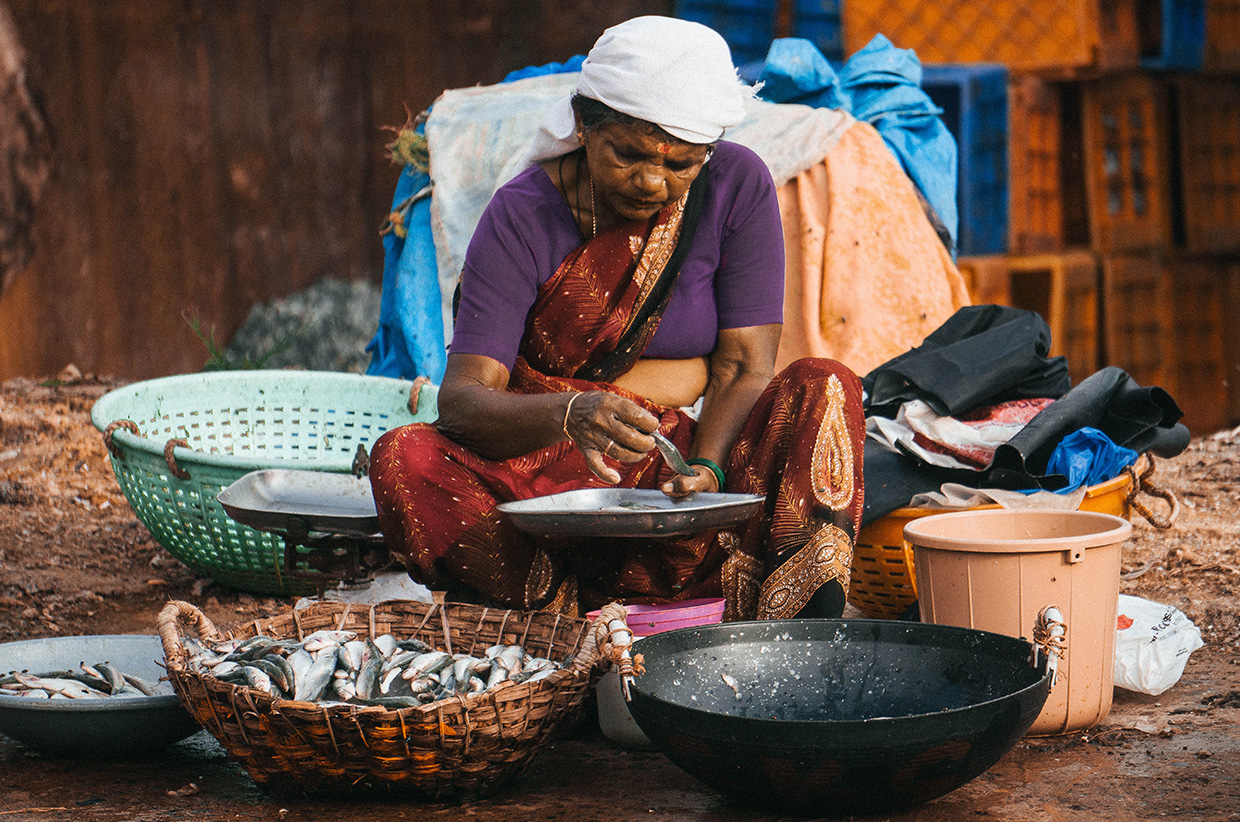
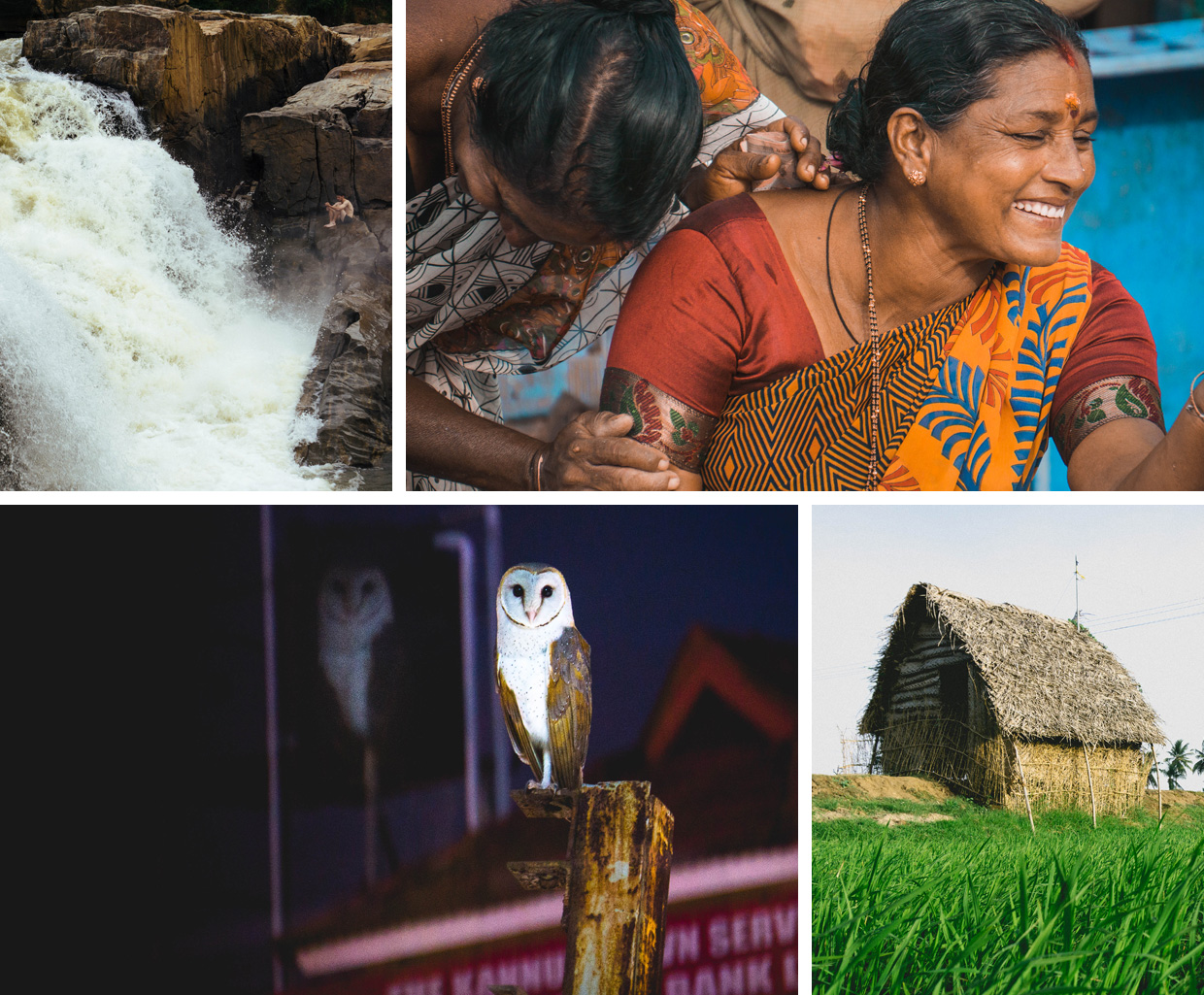

As evening arrived we laid out our sleeping bags at the edge of a lonely field. We had arrived in a broad valley, flanked on both sides by crumbling, yellow cliffs, each swamped by dense jungle. The valley floor was a quilt of paddy fields, buffalo pasture, and forest fragments. This patchwork assemblage was dotted through with isolated hamlets, and bisected by a single, dusty road. At this point in our journey, my feet were largely held together with duct-tape and toilet-roll bandages; as a result, we had fallen into the bad habit of collapsing in the nearest field at sundown, rather than taking more care to locate a suitable sleeping-site. A tinny rumble announced the arrival of a group of farmers astride battered antique Hondas. Aware of our strange appearance, we approached fully prepared for the usual series of polite questions. However, they looked gravely concerned as the eldest explained in broken English how tigers from the neighbouring reserve regularly visited the surrounding fields; and that, during the early hours of the previous Tuesday, a large tiger had killed and eaten a sleeping cow barely 50m from our campsite.
We packed fast, and beat a rapid retreat to the safety of the previous village, where we scrambled onto the roof of a crumbling concrete bus shelter. A broad, flat roof topped this 12ft structure, and an overhanging parapet shielded it on all sides. Stretched out in our sleeping bags, we watched as dozens of low-flying fruit bats clumsily flapped across the darkening sky. As we moved up into the forested mountains of the Western Ghats, bus-shelter roofs soon became our preferred sleeping locations – nights spent on the ground were punctuated with bouts of wakefulness, spent feverishly scanning the surrounding vegetation for the source of some sinister twig-crack.
I find adventure addictive because it puts me in situations where my actions have real and potentially serious consequences, where each small decision can matter. Having spent my life in full-time education, my immediate goals are usually set for me: by a teacher, by a lecturer, by an exam board. Expeditions allow me to commit to a goal of my own choosing; any problems I face are mine to deal with, and success or failure is a direct result of my own abilities or shortcomings. Each trip brings new confidence, new experience, and new ideas.
Oli Broadhead is a 21-year-old aspiring documentary photographer, filmmaker, and writer; currently studying Biology at the University of Bristol. He is currently planning an on-foot crossing of Sumatra, where he will be conducting a mega-transect expedition, to record the effects of deforestation on the island’s fauna.
Website: olibroadhead.com
Facebook: Oli Broadhead Photography
Instagram: @oli_broadhead
Angus Walker is a 20-year-old aspiring wildlife filmmaker, and a Zoology student at the University of Bristol. He is currently planning an expedition to the Iberian Peninsula, where he will be attempting to track down and film the illusive Iberian wolf.
Website: anguswalkerphotography.com
Facebook: Angus Walker Photography
Instagram: @anguswalker89
